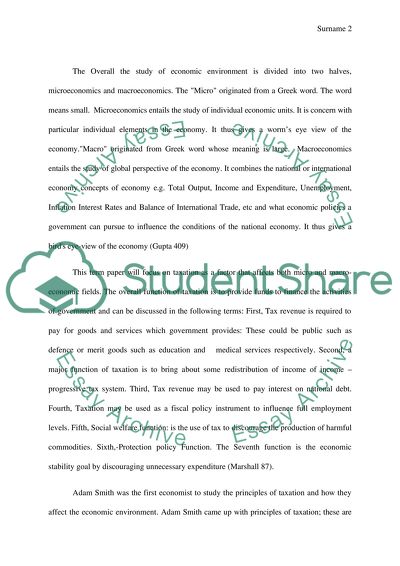Cite this document
(“Effects of Taxation on Macro & Micro economics Term Paper”, n.d.)
Retrieved from https://studentshare.org/macro-microeconomics/1478053-adam-smith-father-of-economics
Retrieved from https://studentshare.org/macro-microeconomics/1478053-adam-smith-father-of-economics
(Effects of Taxation on Macro & Micro Economics Term Paper)
https://studentshare.org/macro-microeconomics/1478053-adam-smith-father-of-economics.
https://studentshare.org/macro-microeconomics/1478053-adam-smith-father-of-economics.
“Effects of Taxation on Macro & Micro Economics Term Paper”, n.d. https://studentshare.org/macro-microeconomics/1478053-adam-smith-father-of-economics.


